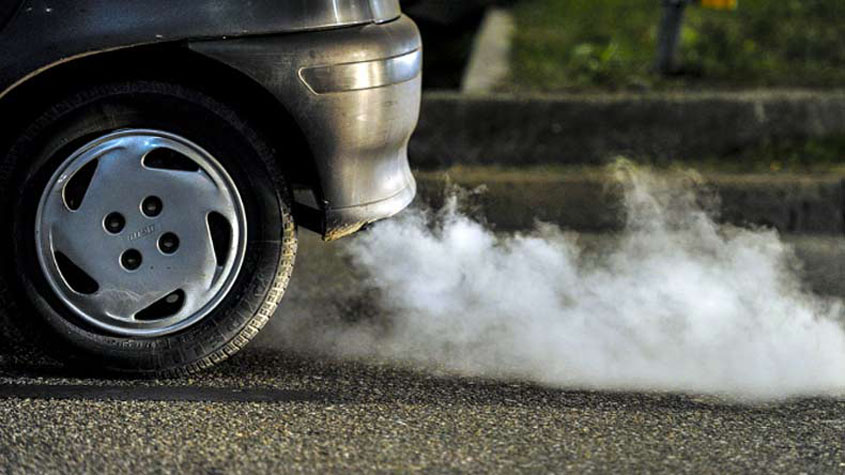The Supreme Court’s ban on sale and registration of Bharat Stage III (BS-3) compliant vehicles beyond 1 April 2017 has caught auto manufacturers unaware, but judicial intervention in matters concerning environment protection clearly suggests that India’s emission regulations have been ill-planned and severely delayed. Though the government had issued the notification way back in August 2015 clearly stating that only BS-IV compliant vehicles “will be allowed to be registered and move on roads from April 2017”, automakers, however, were a bit confused on the applicability of such a mandate, “with many expecting a staggered transition of the same” , says Crisil.
Auto-makers were expecting the court to take a sympathetic view about the large stock of BS-III vehicles that had already been manufactured, but still needs to be sold. The Court, however, found such an argument weak in the larger interest of protecting the environment.
“I do welcome the judiciary’s intervention in this matter,” says Deepesh Rathore, an auto analyst with Emerging Markets Automotive Advisors. The fact that the judiciary had to put on the regulator’s hat means that there is a clear disconnect between the government and the industry on this issue. “It is high time for both the government and the auto industry to work together to decide on a time-bound universal emissions and safety roadmap,” feels Rathore. The government is also thinking of making a direct jump from BS-IV to BS-VI by 2020.
Government is thinking of making a direct jump from BS-IV to BS-VI by 2020.
As per the Society of Indian Automobile Manufacturers (SIAM), there is an unsold inventory of 8.23 lakh BS-III vehicles of which 81% belongs to the two-wheeler segment. Explaining the impact of unsold inventory on the financials of auto companies, Sudarshan Shreenivas, an auto analyst with India Ratings & Research, suggests looking at the percentage of unsold stuff in proportion to their total annual sales (domestic plus exports). In case of the two-wheeler segment, where a majority of unsold stock lies (over 6.7 lakh), such percentage comes out at 3.5% which might not impact automakers’ financials significantly, especially when the option of exporting BS-III compliant two-wheelers is still available with them.
A similar percentage in the Passenger Vehicle (PVs) segment is not even 1%; so the impact on their financials would also be negligible. Maruti and Hyundai, who were fairly well prepared, would be least impacted, while other PV makers may have to struggle a bit.

